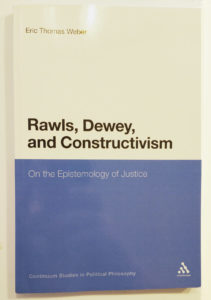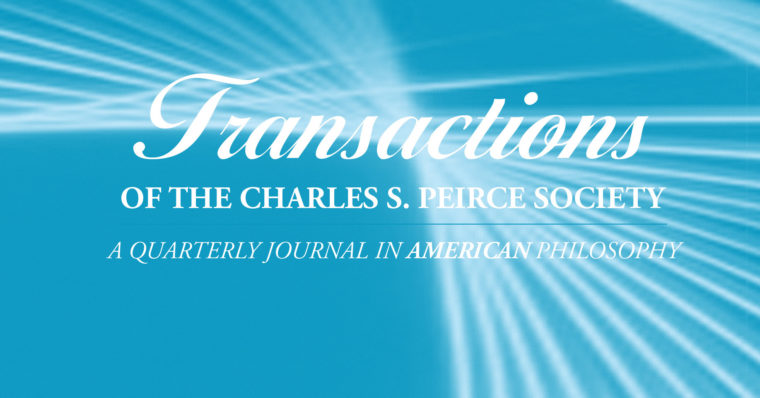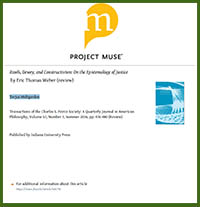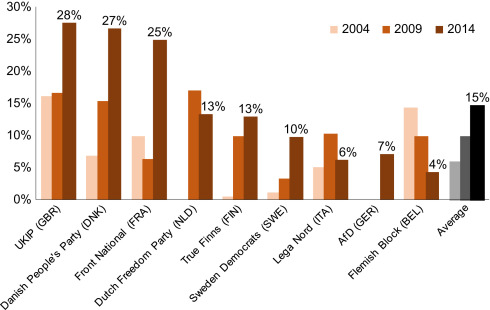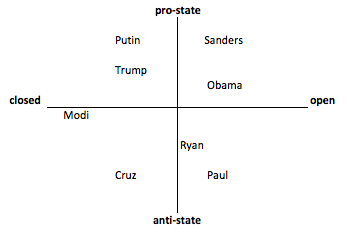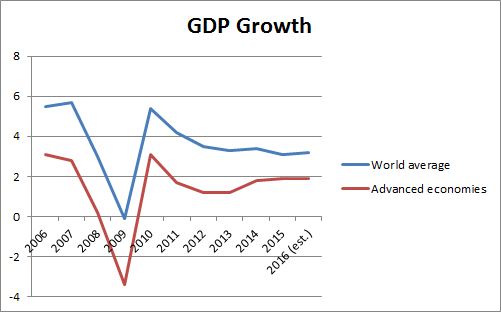The 18-page article, Budgeting for Equity: How Can Participatory Budgeting Advance Equity in the United States? , was written by Madeleine Pape and Josh Lerner and published in the Journal of Public Deliberation: Vol. 12: Iss. 2. The article talks about the history of participatory budgeting, starting in Porto Alegre and how it has growth in the US. Two major claims of PB is that is it an opportunity to “revitalize democracy and advance equity”. Pape and Lerner share some of the challenges and strategies to equity within PB.
Read an excerpt of the article below and find the PDF available for download on the Journal of Public Deliberation site here.
From the article…
In 1989, the Brazilian city of Porto Alegre undertook a radical experiment to alter the chemistry of democracy. After decades of dictatorship and thin representative democracy had cemented Brazil’s economy as one of the most unequal in the world, the newly elected Workers Party government attempted a new variant of democracy, one that mixed participation and equity. Its experiment in “participatory budgeting” aimed to redirect resources to those with the greatest needs – and it succeeded.
Over 3,000 cities have since tried to replicate Porto Alegre’s success by empowering residents to directly decide how to spend part of a public budget. Many processes have inspired high participation, but struggled to engage or redistribute resources to marginalized communities. Participatory budgeting (PB) has recently grown dramatically in the United States, from a pilot process in Chicago’s 49th ward in 2009 to over 50 processes in a dozen cities in 2015. The once obscure concept has been heralded by the White House as a best practice of civic engagement and by scholars as the lynchpin of a “new wave of democratic innovation” (Stoker et al., 2011, p. 38; White House, 2013).
As PB has expanded in the US, scholars, practitioners, and participants have made two main claims about its impact: that it can revitalize democracy and advance equity. First, proponents argue that PB builds the trust, accountability, and effective decision-making necessary for democratic governance (Lerner 2014). Second, they suggest that PB makes participation and funding more equitable, by bringing marginalized groups to the table and allocating more money to their needs (see Baiocchi, 2001; Fung & Wright, 2003; Nylen, 2002). In the US, PB processes have experienced relative success in including the voices of less politically empowered residents, but there is less data on how PB is making funding more equitable (Kasdan et al., 2015; Great Cities Institute, 2015).
Our organization, the Participatory Budgeting Project (PBP), has served as lead technical assistance partner for most US PB processes, helping over seventy cities, districts, and institutions develop PB processes that advance local priorities and goals. Although equity has often been a local goal, it has proven difficult to define, measure, and prioritize. In this article, we present the findings from a study of equity in PB that we conducted in 2015. Through semi-structured interviews with 17 PB facilitators and administrators, we explored two main questions: First, what common challenges to equity do practitioners face? Second, given these challenges, what can be done to make PB and its impacts more equitable?
We identified three key equity challenges and strategies to address these challenges. First, unclear goals shift focus away from equity, a challenge that can be addressed through stronger political leadership. Second, participants’ self interest often goes against equity goals, but this can be at least partly addressed by altering the process for idea collection and facilitating interaction between participants and other residents. Third, the limiting structures of budgetary and administrative rules constrain the potential of PB to address broader equity concerns, but expanding the scope and linkages of PB can help to overcome some of these constraints. By unpacking these challenges and interventions we hope not only to deepen the equity impacts of PB, but also to uncover new ways that participatory democracy can empower and support communities with the greatest needs.
Download the full article from the Journal of Public Deliberation here.
About the Journal of Public Deliberation
 Spearheaded by the Deliberative Democracy Consortium in collaboration with the International Association of Public Participation, the principal objective of Journal of Public Deliberation (JPD) is to synthesize the research, opinion, projects, experiments and experiences of academics and practitioners in the emerging multi-disciplinary field and political movement called by some “deliberative democracy.” By doing this, we hope to help improve future research endeavors in this field and aid in the transformation of modern representative democracy into a more citizen friendly form.
Spearheaded by the Deliberative Democracy Consortium in collaboration with the International Association of Public Participation, the principal objective of Journal of Public Deliberation (JPD) is to synthesize the research, opinion, projects, experiments and experiences of academics and practitioners in the emerging multi-disciplinary field and political movement called by some “deliberative democracy.” By doing this, we hope to help improve future research endeavors in this field and aid in the transformation of modern representative democracy into a more citizen friendly form.
Follow the Deliberative Democracy Consortium on Twitter: @delibdem
Follow the International Association of Public Participation [US] on Twitter: @IAP2USA
Resource Link: www.publicdeliberation.net/jpd/vol12/iss2/art9/

